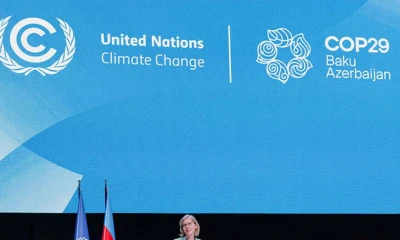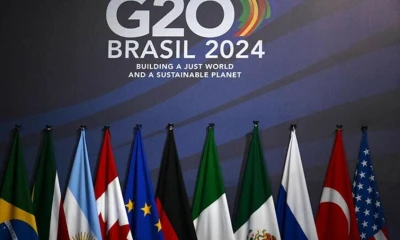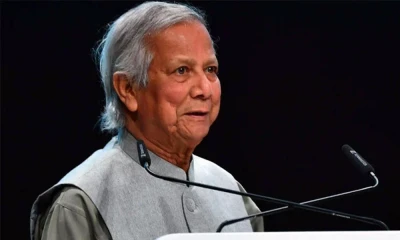World
Int’l Mother Language Day being observed
This year's theme is “Using technology for multilingual learning: Challenges and opportunities”.
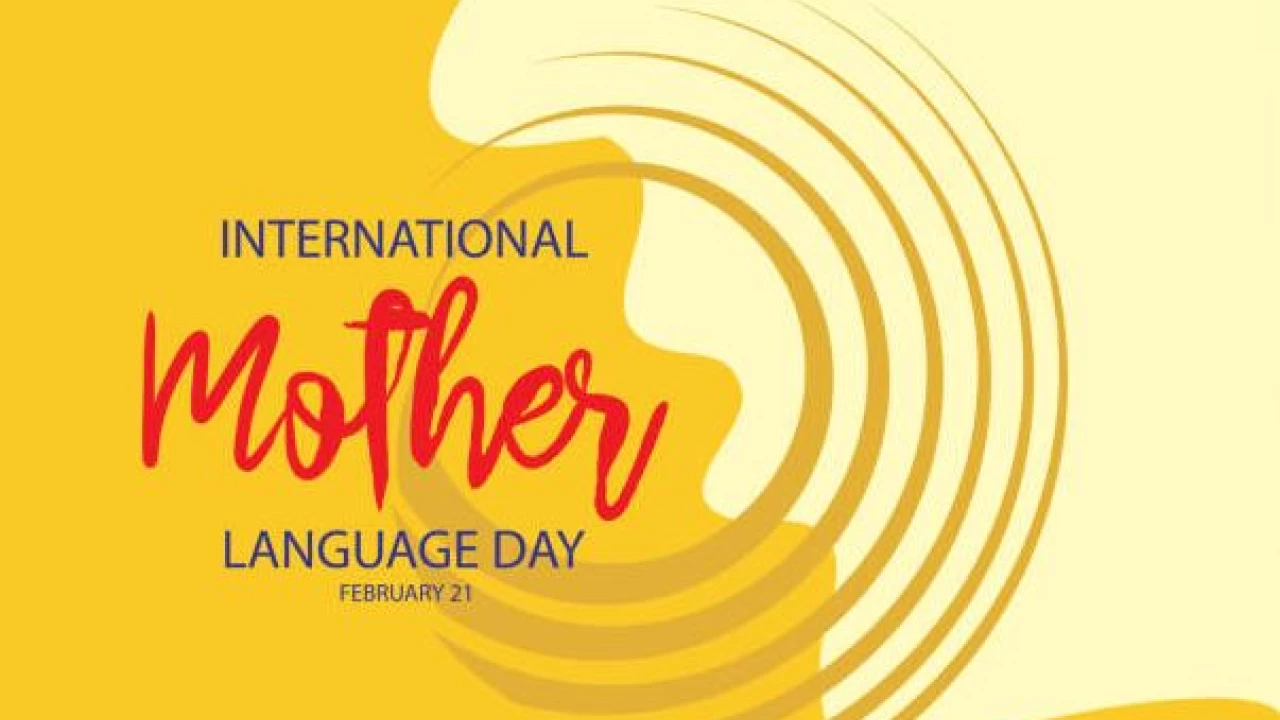
The International Mother Language Day is being observed globally today (February 21) to promote linguistic and cultural diversity and multilingualism.
This year's theme is “Using technology for multilingual learning: Challenges and opportunities”.
The idea to celebrate the International Mother Language Day was approved by United Nations Educational, Scientific and Cultural Organization or UNESCO in 1999 and is an annual event since then.
The date represents the day, 21st February 1952, when four young students were killed in Dhaka, the capital of Bangladesh, because of Bengali and Urdu language controversy.
“UNESCO believes in the importance of cultural and linguistic diversity for sustainable societies. It is within its mandate for peace that it works to preserve the differences in cultures and languages that foster tolerance and respect for others,” the UN body said.
UNESCO expressed concern over the disappearance of languages across the world.
“40% of the population does not have access to an education in a language they speak or understand,” it added.
Therefore, as a commitment towards understanding the importance of mother language (or mother tongue), particularly in early schooling, UNESCO decided to observe the day.
The International Mother Language Day is a step towards showing commitment to the development of mother language in public life.
Well, roughly 6,500 languages are spoken in the world today. Each and every one of them make the world a diverse and beautiful place. Sadly, some of these languages are less widely spoken than others.
There are between 70 and 80 languages spoken in Pakistan. Urdu is the national language and one of two official languages. English is the other official language.
The 1998 Census lists the most spoken primary languages as: Punjabi, Pushto, Sindhi, Saraiki, Urdu, and Balochi.
Languages, however, are the most powerful instruments of preserving and developing our tangible and intangible heritage.
-

 Business 4 hours ago
Business 4 hours agoGold soars once again in Pakistan
-

 Pakistan 2 days ago
Pakistan 2 days agoDETOXLAHORE a revolutionary step against smog in Punjab, for Lahore’s air quality
-
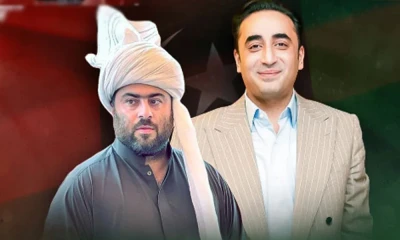
 Regional 1 day ago
Regional 1 day agoSibi by-election: PPP's Sardar Kohiyar Domki wins
-
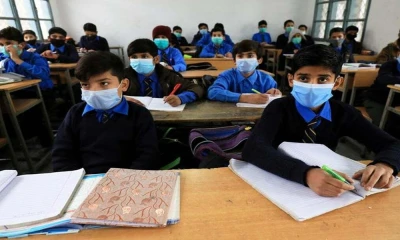
 Pakistan 1 day ago
Pakistan 1 day agoRawalpindi Division: All educational institutions to reopen from Tuesday
-

 Technology 12 hours ago
Technology 12 hours agoSometimes you just need a straightforward, old-school RPG
-

 Regional 22 hours ago
Regional 22 hours agoPunjab govt orders reopening of schools except Lahore, Multan divisions from Tuesday
-

 Pakistan 1 day ago
Pakistan 1 day agoBids for PIA privatization invited again
-

 World 2 days ago
World 2 days agoEight killed, 17 injured in China school knife attack: police


